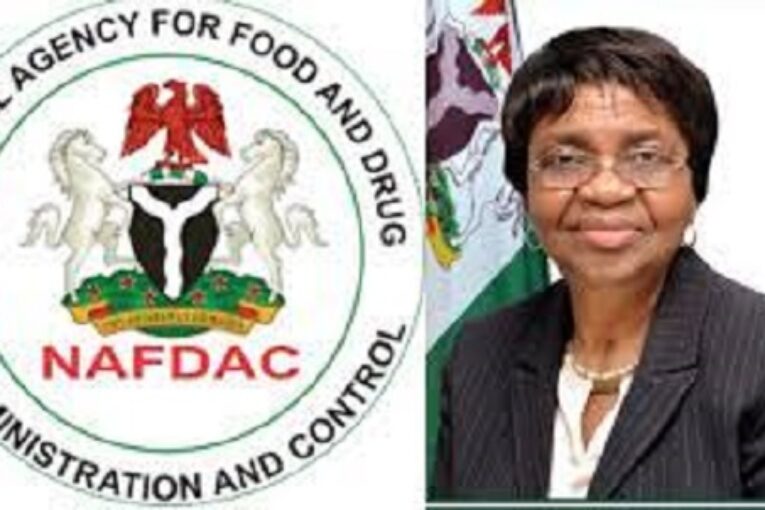
The National Agency for Food and Drug Administration and Control said it will solve the perennial state of international rejection of Nigerian exports by fully automating the Export Licensing of regulated products.
Speaking on Monday at a national workshop for stakeholders in the export of NAFDAC-regulated products in Lagos, the Director-General of NAFDAC, Prof. Mojisola Adeyeye, explained that NAFDAC partnered with several key organisations.
These include the Nigeria Export Promotion Council, the Nigeria Customs Service, and the Nigeria Agricultural Quarantine Services.
Additionally, NAFDAC collaborated with the CBN Trade & Exchange Department, which houses the Nigerian Export Supervision Scheme.
The workshop was titled, ‘Achieving Sustainable Export of Regulated Products: The Imperatives.’
She revealed that the previous and perennial state of international rejection of Nigerian exports had been attributed to the gross absence or negligence of regulatory supervision in the areas of Food Safety and Quality, the evasion or rejection of statutory stipulations of minimum requirements for product quality, packaging, and storage conditions for shipping of regulated products in international commerce, to mention a few.
Adeyeye added that NAFDAC licenses would be a requirement for the issuance of Form e-NXP for regulated products.
She noted that it became necessary to regulate and automate the export process because, while other countries promoted export trade in commodities where they have a comparative advantage, Nigeria had neglected this opportunity.
This neglect has led to the rejection of its exports and the country remaining a net importer of nearly all goods.
“In the international scene, we are working with the EU and British governments as well as other importing nations to take down the alert level of Nigerian exports to comfortable levels while we work in-house to positively reposition our export commodities. For instance, we are currently concluding our evidence-based national monitoring of pesticide residues as part of our continuous engagement with the UK FSA,” Adeyeye said.
She explained that NAFDAC statutory export regulation was in the process of being gazetted and that the in-country regulatory infrastructure was also being strengthened.
“Going forward, we are determined to challenge the status quo and we request the support and goodwill of well-meaning exporters to cooperate with us in this endeavour.
-Punchng




